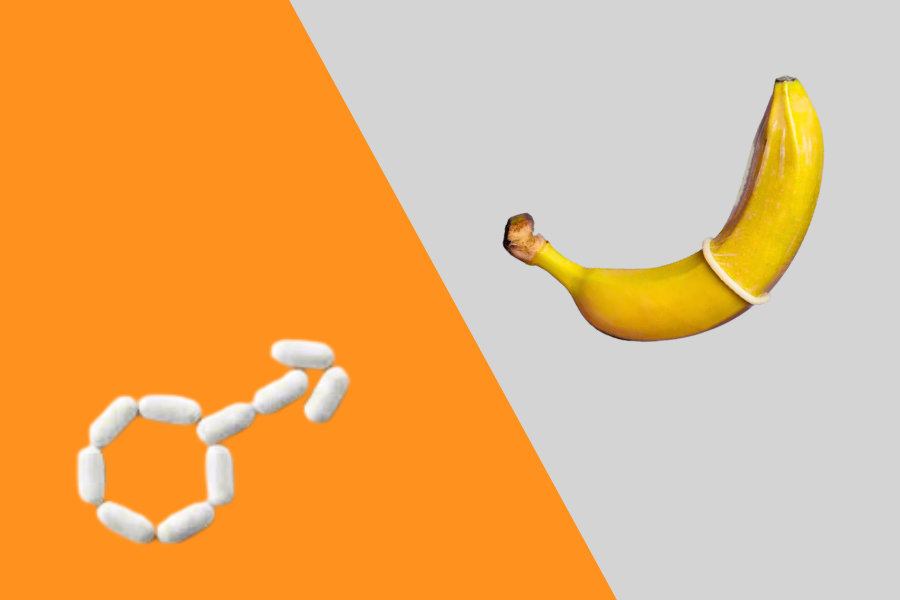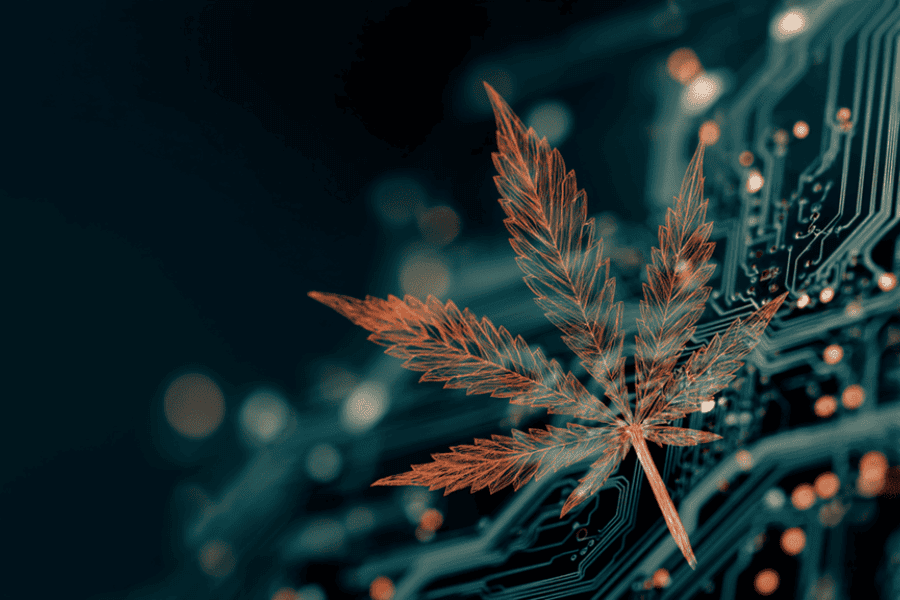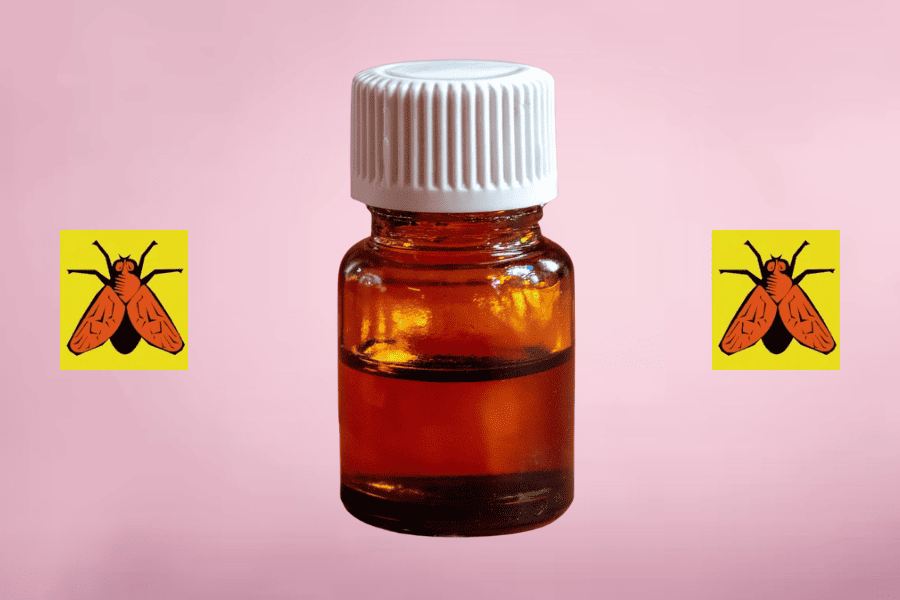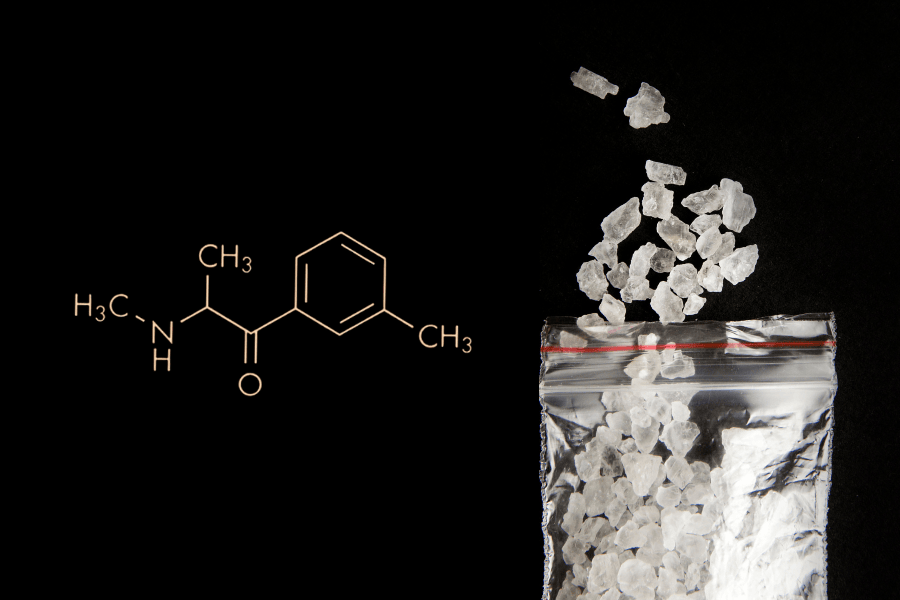What is psychedelics?
- Funcaps
- Blogs about research chemicals
- 22 Nov 2024
- 38views
- Reading time: 3 minutes

Psychedelics, what is that? Psychedelics are substances that have a strong influence on the human mind and perception. They have been used for centuries in different cultures for spiritual, therapeutic and recreational purposes. Nowadays, interest in psychedelics is increasing, mainly because of their potential to improve mental health and offer deep insights. But what exactly are psychedelics and how do they work? In this blog, we dive deeper into the world of psychedelics and their meaning.
The origins of psychedelics
The use of psychedelics is anything but new. Certain communities in South America, Africa and Asia have been using plants and mushrooms that have psychedelic properties for thousands of years. Ayahuasca, peyote and psilocybin-containing mushrooms are some well-known examples. These substances were often used during rituals to connect with nature, reach higher states of consciousness and find answers to life's questions.
In the Western world, psychedelics only really came into the limelight in the 1950s and 1960s. Researchers discovered that they had interesting effects on the human mind and started studying them. The introduction of LSD, a synthetic psychedelic, created a wave of interest in the potential of psychedelics for therapy and personal growth.
How do psychedelics work?
Psychedelics affect the brain in a unique way. They mainly work on the serotonin system, one of the most important neurotransmitter systems in the body. By binding to certain receptors in the brain, psychedelics disrupt the normal processing of information. This results in changes in perception, emotions and thoughts. People who use psychedelics often report increased awareness of their surroundings, vivid visual effects, deep emotional insights and a sense of connection with everything around them. This is because psychedelics reduce brain activity in networks related to the ‘ego’.
Different types of psychedelics
There are different types of psychedelics, each with their own unique effects. Here are some of the most well-known:
Psilocybin
This substance is found in certain types of mushrooms and is known for its ability to evoke deep, inner experiences.
LSD (lysergic acid diethylamide)
A synthetic compound that causes strong changes in perception and thoughts.
DMT (dimethyltryptamine)
Often the active ingredient in ayahuasca. DMT is a tryptamine and is associated with brief but intense experiences.
Mescaline
Found in cacti such as peyote and San Pedro, and known for its gentle, colourful visual effects.
MDMA (3,4-methylenedioxymethamphetamine)
Although MDMA is not traditionally counted among psychedelics, it does have properties that promote self-reflection and emotional openness.
Therapeutic potential of psychedelics
One of the most promising developments surrounding psychedelics is their use in therapeutic settings. Research has shown that these substances can help treat mental disorders such as depression, anxiety, post-traumatic stress disorder (PTSD) and addiction. For example, psilocybin therapy has shown in clinical studies that it can help people struggling with depression that does not respond to classical treatments. The effects seem to come through a reset of negative thinking patterns and the stimulation of new connections in the brain. MDMA is currently being investigated as an aid in the treatment of PTSD. It helps patients process trauma by reducing the anxiety response and facilitating emotional connection.
Are psychedelics safe?
While psychedelics have enormous potential, it is important to recognise that they are not without risk. The experiences can be intense and overwhelming, especially for people who are not well prepared. Their use requires a safe and supportive environment, often referred to as ‘set and setting.’ The mindset of the user and the physical environment in which the experience takes place play a crucial role in how the experience is lived. In addition, there are outstanding questions about long-term effects and the risks for people with certain mental disorders. This is why it is important that the use of psychedelics is supervised by trained professionals.
Psychedelics and the future
The future of psychedelics looks promising. With renewed interest in scientific research and growing acceptance in society, psychedelics are expected to play a greater role in mental health and personal development.
More and more countries are open to legalising or decriminalising psychedelics for therapeutic use. This offers opportunities not only for new treatments, but also for a broader understanding of human consciousness.











